I’m Sarah Lange, and I’ll begin my second year at UW-Madison’s iSchool in the fall. This summer I’m working at Rock County Historical Society in Janesville, Wisconsin. I’m developing a digital preservation policy as well as oral history best practices and a workflow for managing the society’s Story Squad collection, which includes story cards, short audio clips and longer oral histories with community members. Each story card features a quote from and photo of someone at an event in the county. RCHS comes up with monthly themes for the story cards and related audio clips. Gathering local commentary is part of the organization’s goal to make history more relevant and interesting to local residents and visitors alike.
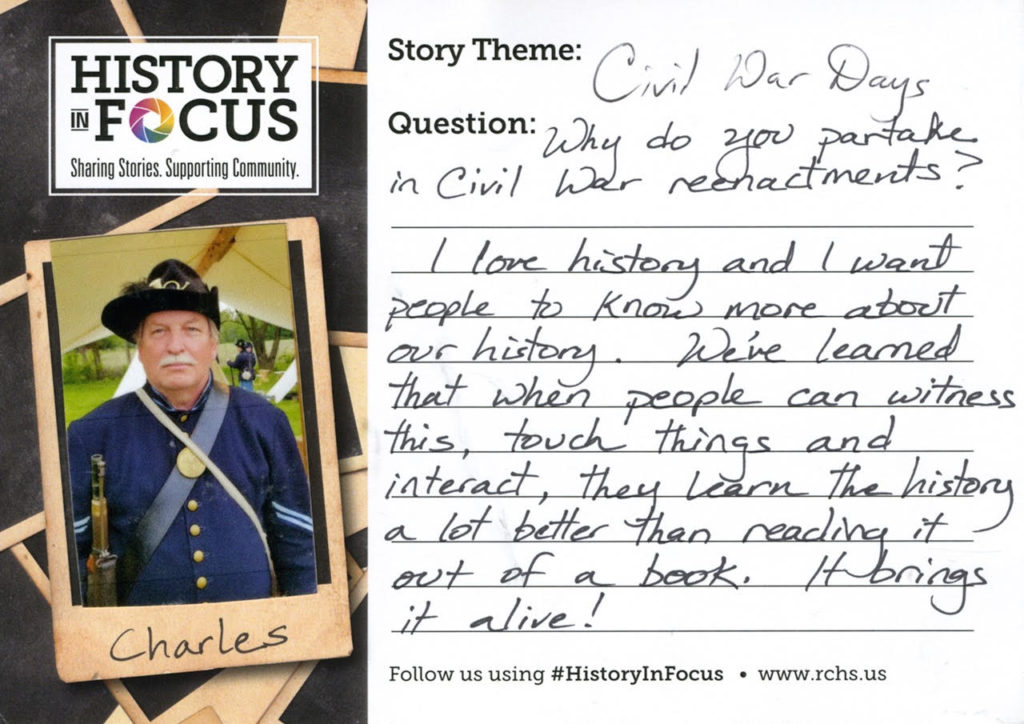
I’m particularly excited about its oral histories with notable people throughout the community. Currently, these stories appear on the society’s History in Focus blog, but RCHS eventually hopes to make the audio accessible to the public so everyone can hear the storytellers in their own words. Not only will this delight the narrators’ friends and family, but it will also provide researchers with a wealth of primary source material from the area. Part of my job also involves looking into different options for sharing the oral histories themselves with the Rock County community and beyond.
While I’m enjoying my time at RCHS, I also see the challenges digital curation presents to chronically busy and/or understaffed folks at memory institutions. With that in mind, I’d like to share three lessons about digital curation I’ve learned so far:
1. Balance love for old technology with new.
Whether we work at a library, archive or museum, those of us working in this field have a real appreciation for history, and sometimes we romanticize and favor old technology at the expense of the new. I value the tactile sensation of turning pages in a book and appreciate its physical design as much as the next person, and I love sifting through old letters and trying to decipher handwriting (sometimes successfully!). But the correspondence of today is rarely conveyed on paper. It’s emailed, texted and posted on social media. Let’s make a better effort to preserve the stories and exchanges happening in the technology we use every day—that is, in the digital space.
2. Get institutional buy-in.
It doesn’t matter how thorough our documentation is if no one reads or refers to it. That may mean holding meetings to review policies, have discussions about what seems to work and what doesn’t, and incorporate suggested changes. Getting colleagues involved can strengthen the team and translate to policies that better satisfy everyone involved. (This takeaway was inspired by one of the meetings with my mentor, Stacey Erdman.)
3. Make digital preservation a priority now.
It’s tempting to let digital materials be, while we handle all of our other day-to-day tasks. Unfortunately, digital materials can become obsolete much more quickly than analog ones. It’s also vital to ensure our digital collections are stored securely in multiple locations, since it’s far too easy to accidentally delete files or misplace a thumb drive, for example. Let’s treat digital assets as if we were worried about losing them—because that’s a real danger if we do nothing with them.
— Posted by Sarah Lange
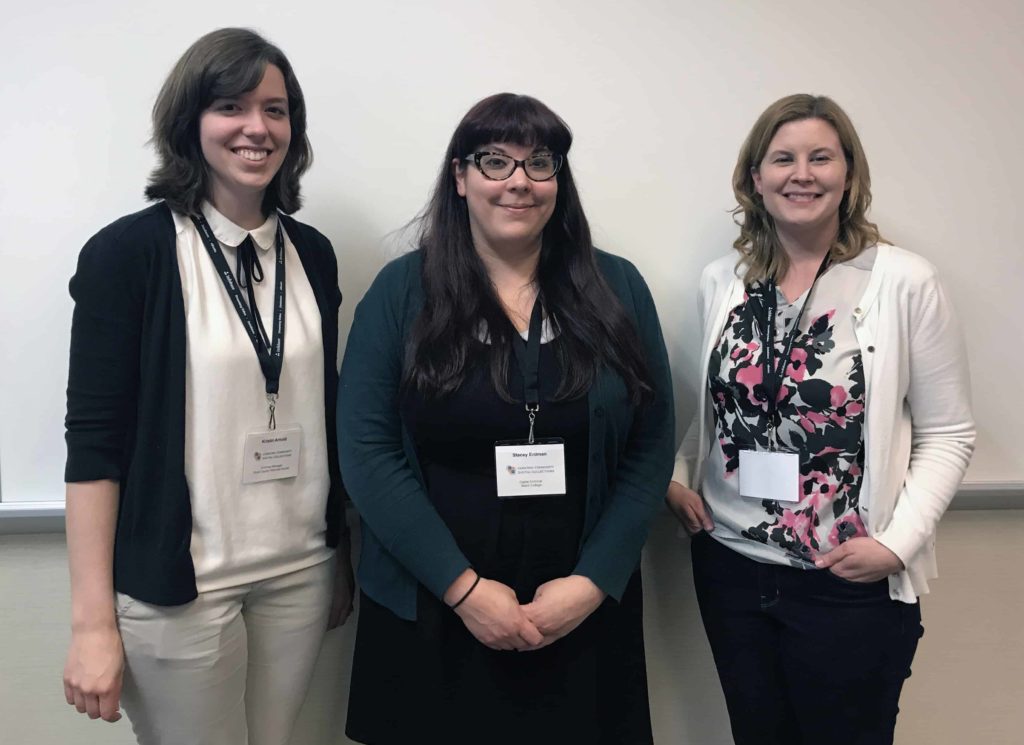
Curating Community Digital Collections is supported by a grant from the Institute of Museum and Library Services, #RE-85-17-0127-17. Meet all of the students in the 2018 CCDC cohort here.

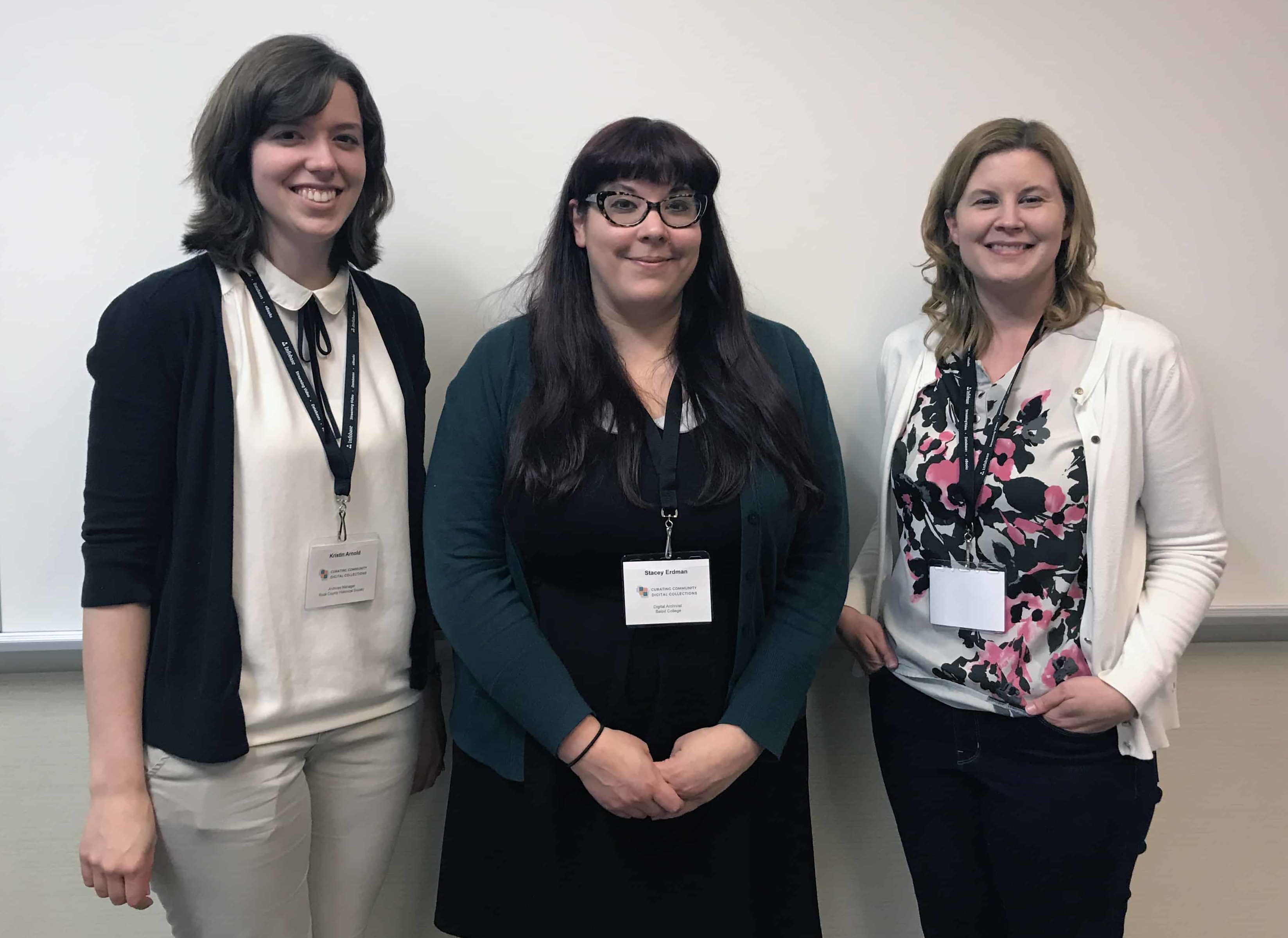
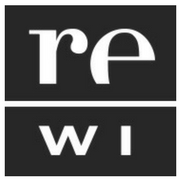
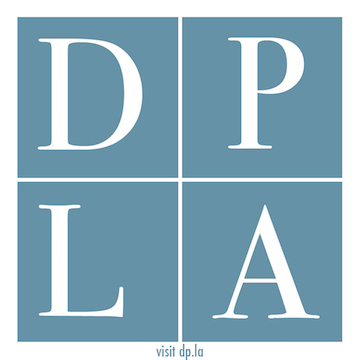
You must be logged in to post a comment.